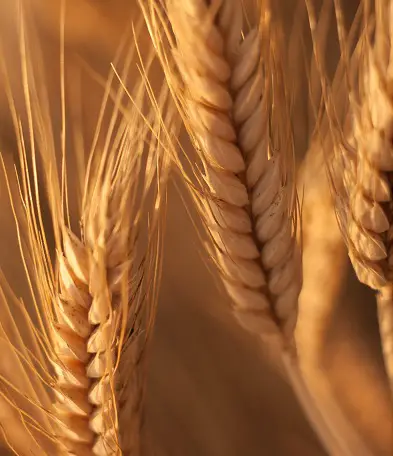Five member states of the EU are looking to see the bloc’s ban on the import of Ukrainian grain extended until the end of 2023, according to an announcement made on Friday by Polish Agriculture Minister Robert Telus. Poland, Bulgaria, Hungary, Romania, and Slovakia are all pushing for the extension of the measure.
Imposed by the EU in May, the ban made it possible for the five countries to restrict the sales of Ukrainian wheat, maize, rapeseed, and sunflower seeds, although the goods were still allowed to be transported through the countries. Presently the measure is set to expire on September 15th.
Now the five countries are afraid that once the ban expires, Ukrainian grain products will again flow into their national markets. They are especially concerned now that the UN-brokered Black Sea grain deal, which allowed Ukraine to export grain to the global market through the Black Sea, has expired, and the nation can no longer ship its products to those international markets overseas.
Poland has already issued a warning that if the EU fails to renew the extension of the restriction, it will act and impose a unilateral ban itself. Warsaw has already done that before, in April, prior to the European Commission backing down reluctantly and issuing its own official ban.
According to Reuters, Telus said at a news conference, “We support a ban on imports into our countries until the end of the year. I want to say that even if it fails, some countries will introduce their own restrictions. Our declaration is clear.”
Telus also said that the five countries’ ministers of agriculture are in agreement that they will support subsidies for transit of goods and would like additional agricultural products added to the list of items banned for import, such as a request from Poland to ban the import of raspberries.
As many as 20 of the 27 nations which make up the EU are in opposition to extending the present ban on imports of certain Ukrainian goods through the five nations, according to a report from RFM radio this month.
Last year the EU lifted import tariffs and quotas on Ukrainian products in an effort to offer Kiev financial support. However, as cheap grain flowed into Eastern European markets, it triggered mass protests by farmers.

